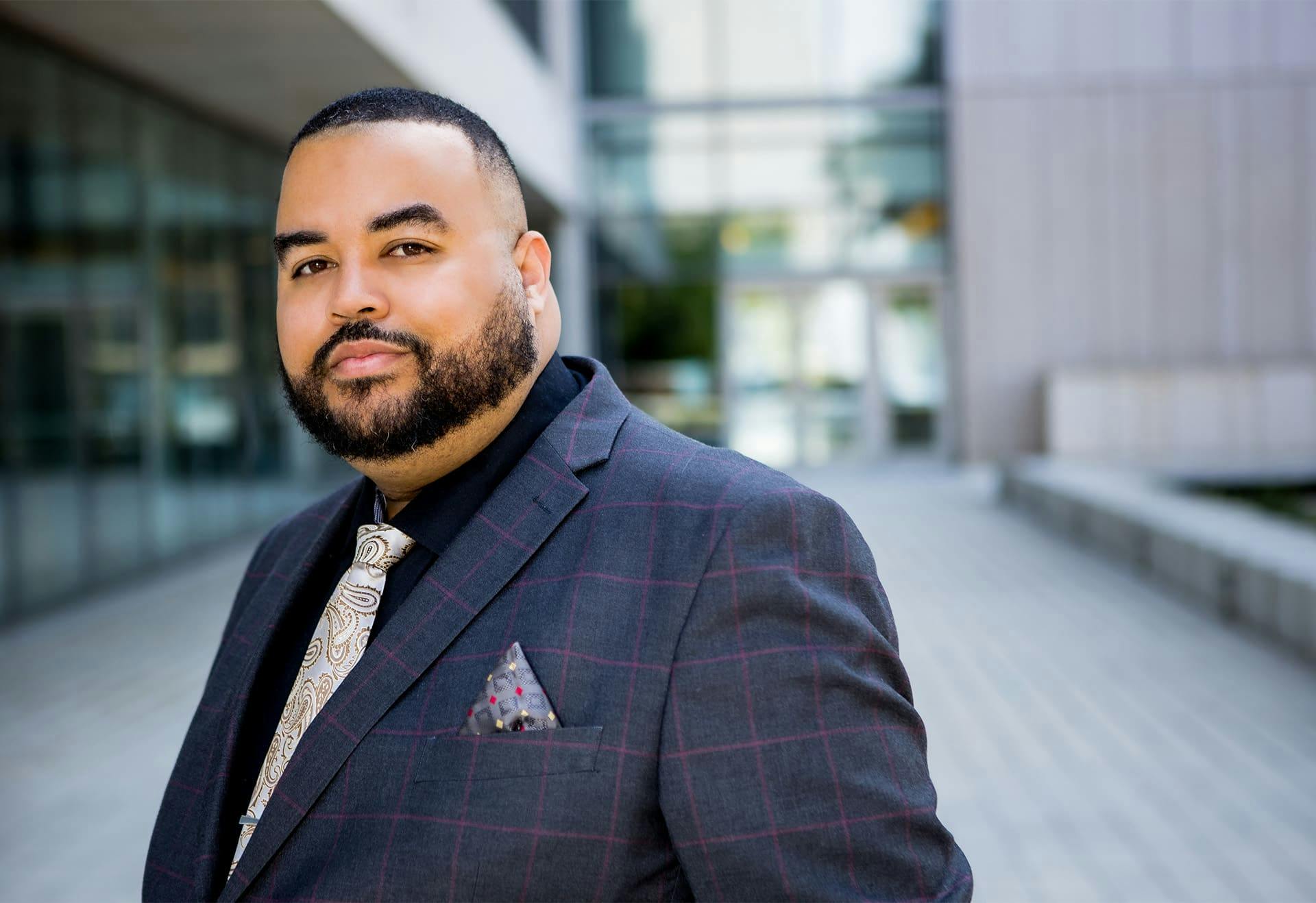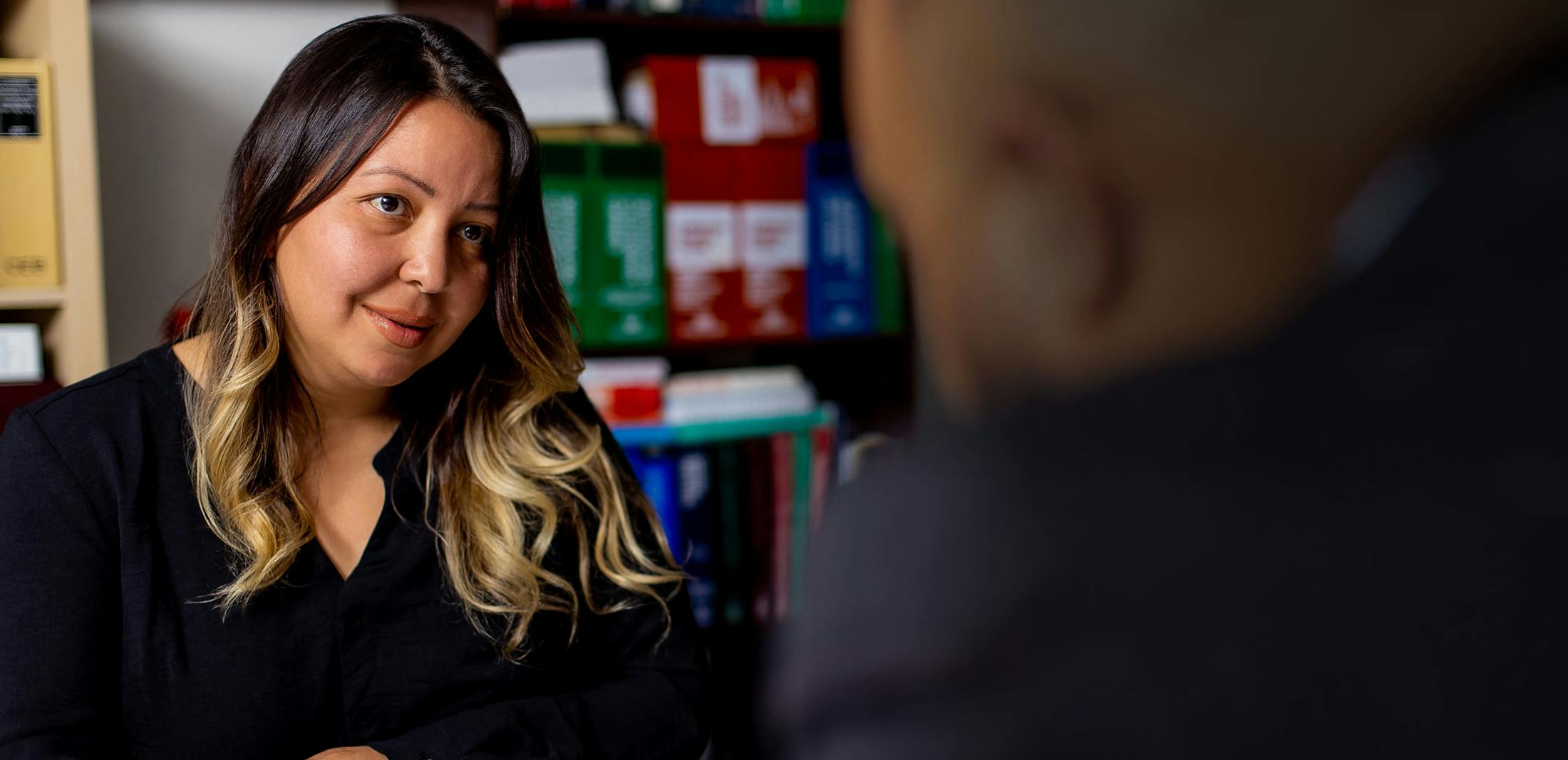What should I do if I've been arrested for a crime?
If you have been arrested for a crime, or even contacted by law enforcement to request an interview, it is important that you exercise your constitutional right to remain silent and not provide any self-incriminating statements. Contact a criminal defense attorney right away to ensure that your rights are protected. Your attorney will guide you through the complex legal process, explain your options, and build a strong defense strategy to fight the charges against you.
How long will a criminal case take to resolve?
The length of a criminal case can widely vary depending on factors including the complexity of the case, the charges against you, the court’s caseload, whether the defendant is in or out of custody, and the negotiation or trial process. Misdemeanor cases usually resolve within a few months, while felony cases can take several months to years to reach a resolution. Your attorney will work diligently to move the case along as quickly as possible without sacrificing your rights and while pursuing the best possible outcome.
What are the potential penalties for a criminal conviction?
The penalties for a criminal conviction depend upon the nature of the offense, the severity of the crime, and your criminal history. They can include fines, probation, community service, restitution, mandatory counseling or classes, the loss of driving privileges, and incarceration. In serious cases, such as violent crimes or felonies, the consequences may also include lengthy prison sentences. Your attorney will assess your situation and strive to minimize the potential penalties you may be facing.
Can I be charged with a crime even though I am innocent?
Unfortunately, innocent individuals can sometimes be wrongfully accused or charged with crimes. However, being charged with a crime does not amount to guilt, and everyone is innocent until proven guilty beyond a reasonable doubt. Your attorney will investigate the evidence, challenge the prosecution’s case, and present a robust defense to prove your innocence or raise reasonable doubt in the eyes of the jury.
Should I accept a plea bargain?
Deciding whether to accept a plea bargain is a crucial step that should not be made lightly, and should be made in consultation with your lawyer. While plea bargains often offer reduced charges or sentencing, they may not always be in your best interest. Your attorney will thoroughly analyze the facts of the plea offer, the strength of the case against you, and provide guidance on whether accepting the offer or proceeding to trial would be more advantageous to your situation.
What is the difference between a misdemeanor and a felony?
Misdemeanors and felonies are two broad categories of criminal offenses. Misdemeanors are generally less serious crimes and are typically punishable by up to 364 days in county jail, fines, probation, or a combination of these penalties. Felonies, on the other hand, are more serious crimes that can result in imprisonment in state prison for more than a year, significant fines, and other severe consequences including the loss of firearm rights, the loss of the right to vote, difficulty finding housing or employment, and more. Your attorney will explain how the specific charge against you fits into these categories and what it means for your case.
Can my criminal record be expunged?
Under many circumstances, it may be possible to have your criminal record expunged or sealed in California. Expungement is a legal process that allows you to petition the court to dismiss and seal your prior criminal conviction. However, not all offenses are eligible for expungement and specific criteria must be met. Consulting an experienced criminal defense attorney with help determine if you qualify for expungement and guide you through the process.
Will I have to go to trial?
Not all criminal cases go to trial. Many cases are resolved through negotiation, diversion, or some other favorable resolution. However, if a fair agreement cannot be reached, your attorney will be fully prepared to go to take your case to take your case to trial and vigorously defend your rights in court. Your attorney will discuss the potential outcomes and guide you through the decision-making process.
What is the role of a criminal defense attorney in a criminal case?
A defense attorney plays a crucial role in a criminal case. They are responsible for protecting your rights, examining evidence, conducting investigations, identifying weaknesses in the prosecution's case, negotiating with the prosecution, and representing you at trial if necessary. They will strive to build a strong defense strategy, challenge the evidence against you, and present compelling arguments to obtain the best possible outcome for your case.
Can I change my lawyer if I’m not satisfied with their representation?
Yes, you have the right to change your attorney if you are not satisfied with their representation. However, it is advisable to carefully consider your decision and consult with another attorney before making any changes. Changing attorneys can have implications on your case timeline and may require obtaining your new attorney's familiarity with the case. If you are considering a change, discuss your concerns with your current attorney or seek a second opinion from another experienced criminal defense attorney.

